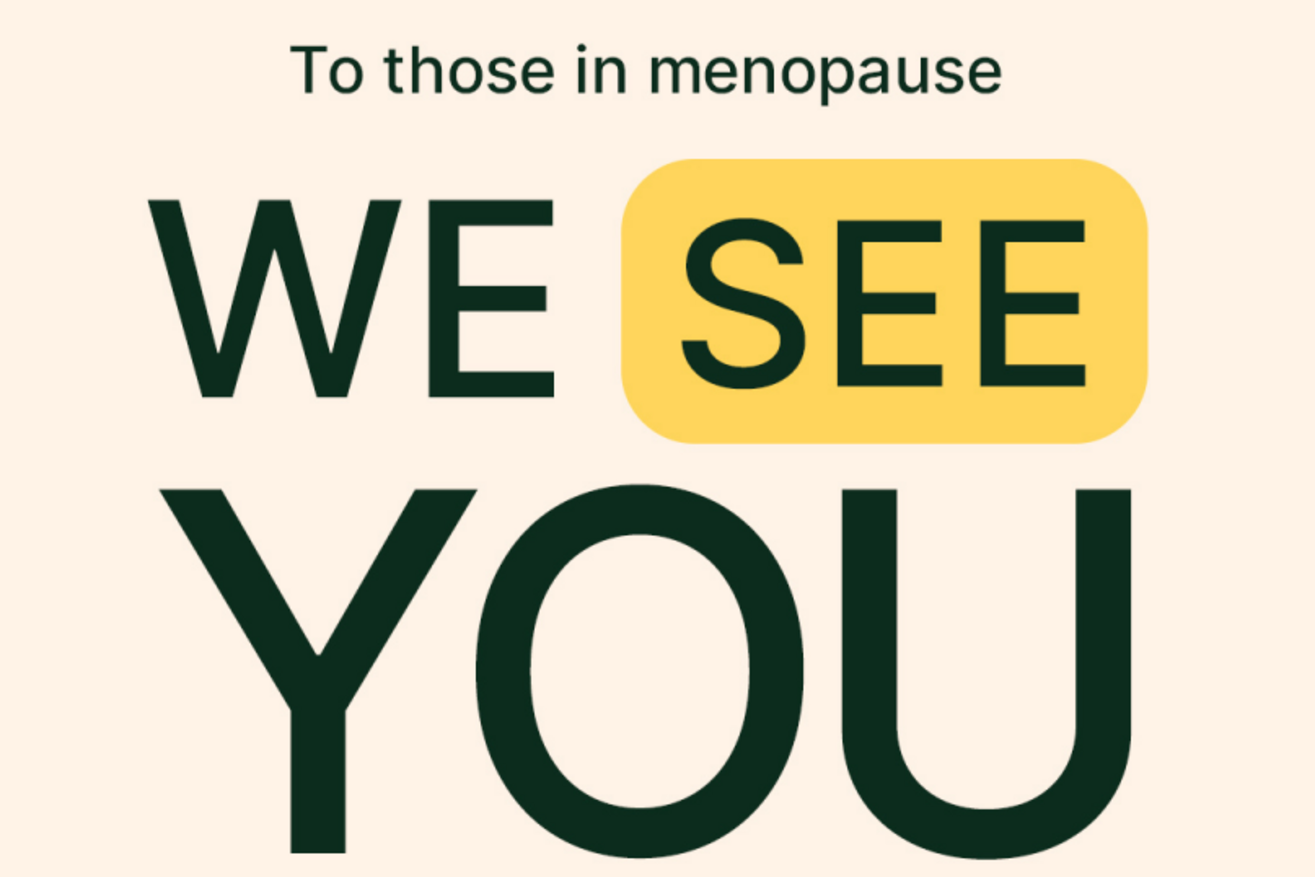Odgers Introduces Menopause Passport

This World Menopause Day, Odgers is proud to be the first professional services firm to introduce the menopause passport into their organisation.
The passport was originally created by University Hospitals Birmingham (UHB) NHS Foundation Trust to ensure all its employees thrive at work and it allows staff to discuss in an open and transparent way how the menopause impacts them at work. It also allows managers to ask questions, and for the correct support and adjustments to be put in place.
Sarah Shaw, Partner and Menopause Ally Lead at Odgers Interim, said: “We are committed to making our workplace an environment where everyone feels confident enough to raise issues about menopause symptoms and we are proud to be the first executive search firm in the country to have a passport tailored to our own needs.
“There are at least 48 recognised symptoms associated with the various stages of the menopause, so we understand everyone’s experience is completely unique and different. The passport will help ensure our colleagues to secure the right support for them.”
Having a passport means that everyone’s adjustments can stay in place even if they move or change roles in the organisation, eliminating the need for a repeat conversation each time.
The bespoke Odgers menopause passport and associated menopause policy covers all stages of menopause including premature menopause, perimenopause, menopause, post-menopause, primary ovarian insufficiency, and medically induced menopause.
How the menopause passport works:
• Provides employees and managers with a framework for conversations about workplace adjustments.
• Creates a record of the agreed workplace adjustments for the employee, manager, and the business.
• Reviews adjustments to ensure they remain effective and practical for the employee and the business – especially as symptoms can change and vary over time.
The menopause passport enables employees to:
• Discuss the impact of menopause at work.
• Suggest workplace adjustments that will ensure any barriers they face are removed or significantly reduced.
• Share any helpful information from doctors or specialists and know that it will be considered.
• Review the effectiveness of their adjustments.
• Inform their manager if there are any changes to their symptoms.
• Avoid having to re-negotiate adjustments if their manager changes.
• Feel reassured that their manager knows what adjustments they need to make.
• Know how and when their manager will contact them during any related time off from work.
The menopause passport enables managers to:
• Discuss workplace adjustments with the employee.
• Make workplace adjustments to help ensure the employee can thrive at work.
• Keep a live record of agreed workplace adjustments.
• Recognise any signs the employee is facing barriers at work.
• Know how and when to stay in touch with the employee when they are off work for a related reason.
• Explain the company’s flexible working policy and absence policy.
• Explain the needs of the company to the employee.
• Review workplace adjustments to ensure they remain effective and practical for the employee and the company.
We believe in putting the health and wellbeing of our employees and colleagues first and the menopause passport is the latest initiative to demonstrate how much we care for, and about, the Odgers family.







Comments
No comments have yet been posted, be the first to comment by using the form below:
Add your comment